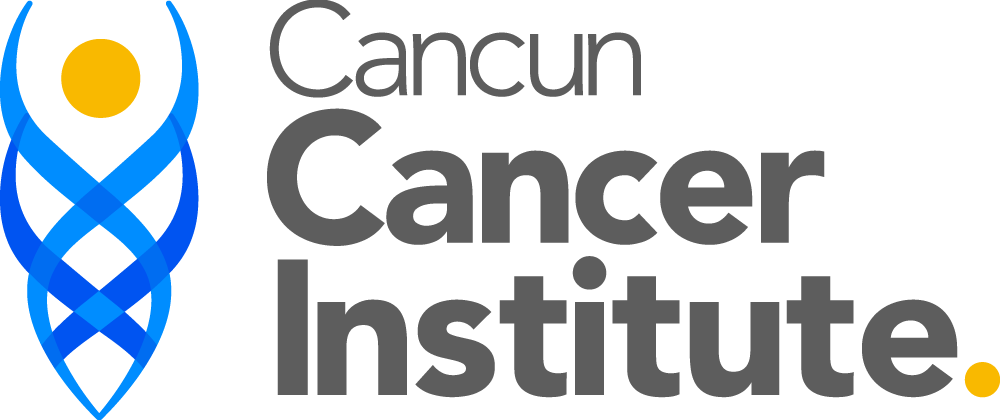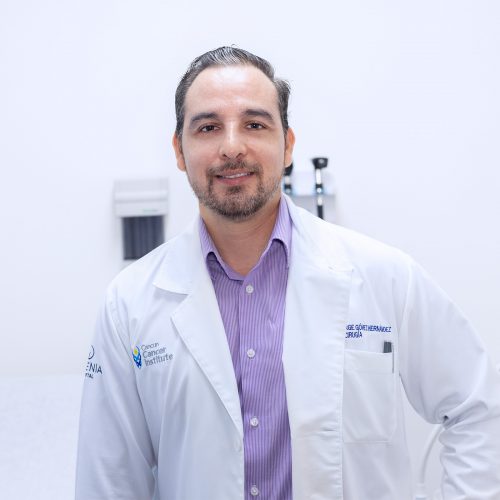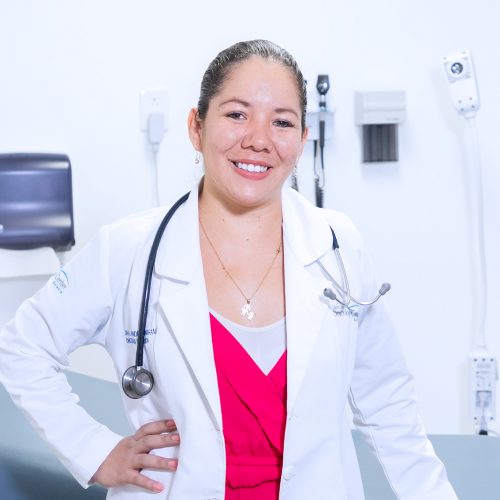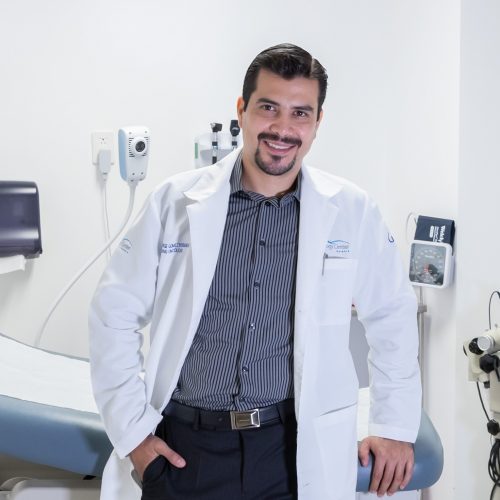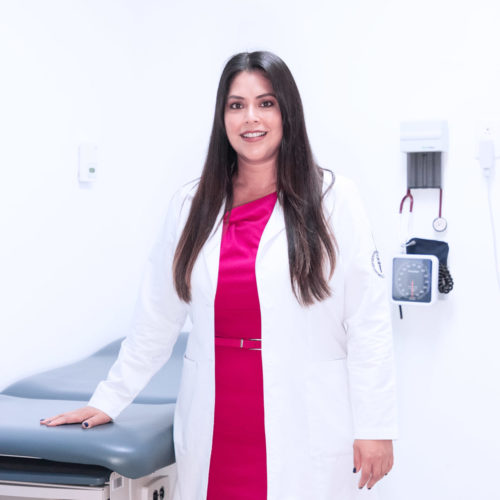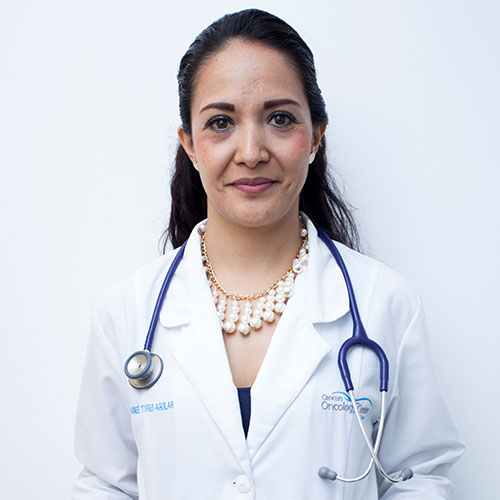Specialties
Schedule
Monday - Friday:
8:00 hrs. - 18:00 hrs.
Contact Us
- Cancun Cancer Institute, Hospital Galenia, SM 12, M1, L2, Fracc. Sta. María Siké, Cancún Q. Roo, México.
- +52 (998)891 5205
- contacto@cancuncancerinstitute.com

Gynecologic Oncology
WHAT IS ONCOLOGICAL GYNECOLOGY?
Gynecological Oncology is the medical subspecialty that is responsible for the care of women with genital cancer, that is, cervical cancer, endometrial or uterine body cancer, ovarian cancer, vulvar or vaginal cancer.
In 1969, the American Board of Obstetrics and Gynecology, faced with the impossibility of assimilating the avalanche of information and mastering all the techniques offered to specialists at that time, recommended the creation of 3 subspecialties: maternal-fetal medicine, of reproduction and gynecological oncology. In 1972, the guidelines for the certification of this last subspecialty were defined, which for years has been consolidated based on the advances in medicine itself.
Since its creation and until today, Gynecological Oncology appears as the most suitable medical subspecialty that exists today in the world to prevent and effectively treat gynecological cancer.
DOES GYNECOLOGICAL ONCOLOGY ONLY TREAT GYNECOLOGICAL CANCER?
No, Gynecological Oncology, in addition to gynecological cancers, also deals with all benign and malignant breast pathologies in both women and men, with a lower incidence in this case (1 in 100 men can suffer from breast cancer). Gynecological oncologists are trained in its prevention, diagnosis and treatment. Let us remember that breast cancer is the second most common cancer after lung cancer in the general population in the world, and it is the first cause of death from cancer in women worldwide, representing 15% of deaths, Next is lung cancer with 13.8%, colorectal cancer 9.5% and cervical cancer with 7.5% per year. This is why the identification of risk factors, prevention and early diagnosis of breast cancer is one of the essential objectives of all gynecological oncologists.
CAN GYNECOLOGICAL CANCER BE PREVENTED?
Among all gynecological cancers, only cervical, vulvar and vaginal cancer related to infection with some papillomaviruses can be prevented with the application of vaccines approved by the FDA. That is why the evaluation and advice by gynecological oncological specialists is important to identify candidates for these vaccines as well as the identification of other risk factors that increase the possibility of some type of gynecological cancer as well as regulating behaviors to reduce said factors such as following:
- Performing physical exercise regularly (at least 4 hours a week).
- Avoiding overweight and obesity after menopause and regular alcohol consumption.
- Regulating the use of hormonal therapies (for fertility, menopause or contraceptives).
Avoid tobacco. - Identifying women at very high risk of developing breast cancer and other gynecological cancers due to BRCA, MLH, TP53 mutations, among others, and taking prophylactic measures that reduce the possibility of presentation.
- Performing screening tests such as cytology to identify cervical cancer, which is recommended two years after having started sexual life, in case of alterations, there are diagnostic tests such as colposcopy, biopsies, etc.
- Performing bilateral mammography from the age of 40 for early detection of breast cancer.
And regularly attending gynecological check-ups to identify pathologies of the female reproductive system that could be related to some gynecological cancer since for ovarian, endometrial, vulvar or vaginal cancer there are no standardized screening tests.
WHO SHOULD VISIT A GYNECOLOGIST ONCOLOGIST?
Any patient who needs advice on the identification of risk, prevention and risk factors, as well as any patient who is suspected of suffering from gynecological cancer or breast cancer.
It is recommended from the age of 18 to begin Gynecological counseling to be able to early identify any pathology that could be related to a gynecological cancer and to identify patients at higher risk of suffering from it.
Specialists
- Cédula E. 6595892
- Institución E. UDG
- Cédula E. 10062821
- Institución E. UG
- Cédula E. 9109856
- Institución E. UG
- Cédula E. 9990453 / 12232597
- Institución E. UNAM
- Cédula E. 11519776
- Institución E. UNAM
- Cédula E. 11980494
- Institución E. UNAM
- Cédula E. 7930505
- Institución E. Anahuac University
Contact Us
The information contained in this form will be handled confidentially and exclusively for the use of the Cancun Cancer Institute center, (* Information required).
